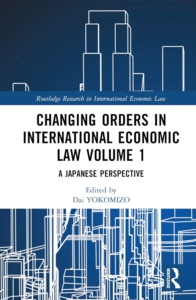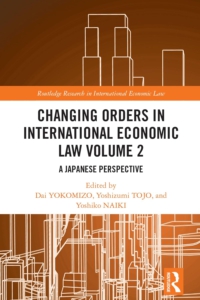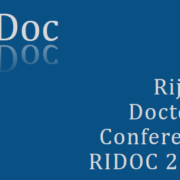On 19-20 October 2023 the Conference Sustaining Access to Justice in Europe: New Avenues for Costs and Funding will take place live at Erasmus University Rotterdam. Renowned speakers from academia, policy, business and consumer associations from Europe, the US and Asia will discuss developments in funding, including third-party litigation funding and crowdfunding, collective actions, public interest litigation, ADR and ODR and entrepreneurial lawyering. Keynotes by Rachael Mulheron (Queen Mary University of London) and Andreas Stein (European Commission, DG Justice & Consumers)
You can register till Sunday 15 October! The program is available here and further information and registration is available here.
Description
Access to civil justice is of paramount importance for enforcing citizens’ rights. At the heart access to civil justice lies litigation funding and cost management. Yet, over the past decades, access to justice has been increasingly put under pressure due to retrenching governments, high costs of procedure, and inefficiency of courts and justice systems. Within this context, the funding of litigation in Europe seems to be shifting from public to private sources. Private actors and innovative business models have emerged to provide new solutions to the old problem of financial barriers to access to justice.
With the participation of academics, policymakers, practitioners, academics and representatives of civil society from all over Europe and beyond, the conference seeks to delve deeper into the financial implications of access to justice and the different ways to achieve sustainable civil justice systems in Europe. The topics addressed in this international academic conference include different methods of financing dispute resolution and regulating costs, such as third-party funding, crowdfunding, blockchain technologies, public interest litigation, developments in ADR/ODR to enhance access to justice, new business models of legal professionals as well as law and economics perspectives on litigation funding.
This conference is organised by Erasmus School of Law in the context of the NWO Vici Project: ‘Affordable Access to Justice’, funded by the Dutch Research Council.


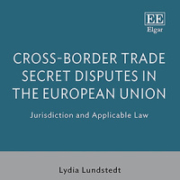
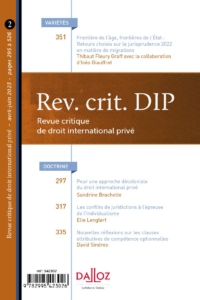 The first part of the issue features the doctrinal work of two young authors, who confront PIL techniques with contemporary developments in social sciences.
The first part of the issue features the doctrinal work of two young authors, who confront PIL techniques with contemporary developments in social sciences.
